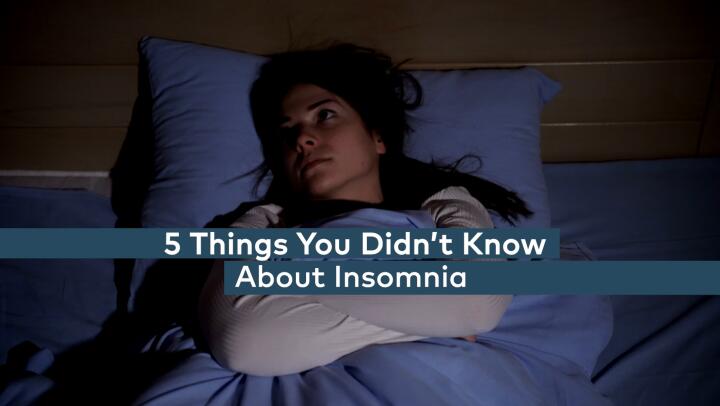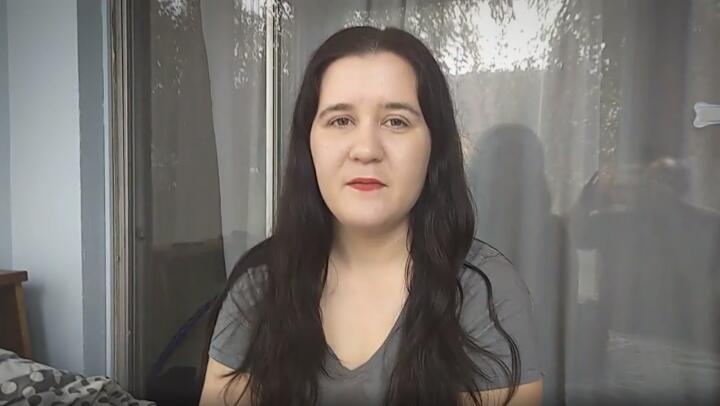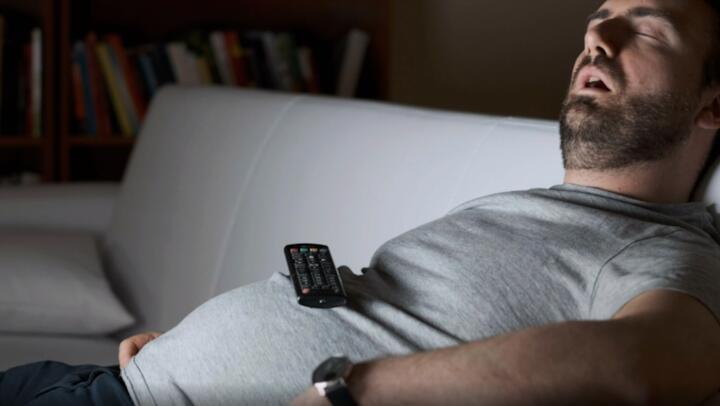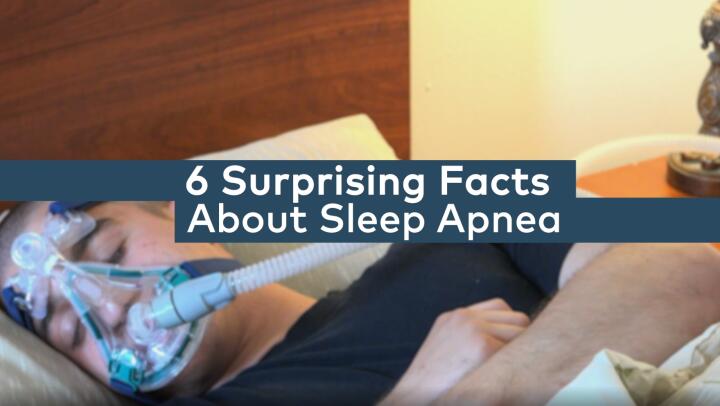
Obstructive sleep apnea, a medical condition causing pauses in breathing during sleep, affects as many as 22 million Americans. Of these people, almost 80% experience moderate to severe obstructive sleep apnea symptoms, including loud snoring, gasping for air during sleep, daytime fatigue, and problems concentrating.
If your sleep apnea symptoms interfere with your normal routine, you doctor may prescribe continuous positive airway pressure (CPAP) therapy to help you breathe easier while you sleep. CPAP machines use a mask connected to a special machine that provides constant air flow into your airways. But not all CPAP masks are created equal, and there’s no one-size-fits-all solution for finding the best mask for you. Fortunately, it’s easy to compare the main types of CPAP masks. Knowing the pros and cons of each makes it easier for you to select the mask that best suits your particular needs.
Full Face Masks
Full face CPAP masks form a seal over both your nose and mouth, making them an ideal choice if you usually sleep on your back or breathe through your mouth. Doctors often recommend full face masks if you use high pressure settings as part of your sleep apnea treatment. Since a full face mask is larger than other types of CPAP masks, air is delivered more indirectly, making the treatment more tolerable.
But full face CPAP masks do have downsides. These may include:
- A greater chance for air to leak out from the mask, especially near the top of the mask.
- The inability to wear glasses.
- The mask’s bulk and size, which may increase discomfort or make it difficult to sleep in positions other than on your back.
Nasal Pillow Masks
Instead of a full mask covering both your nose and mouth, nasal pillow masks use two small prongs, inserted into each nostril, to deliver air. Nasal pillows are generally attached to flexible tubing which runs to your machine, and the nasal prongs are held in place by a strap that fits snugly, but not uncomfortably, around your head.
Many people, especially those who suffer from claustrophobia, prefer nasal pillows because less of the face is covered. There are several other pros to nasal pillow masks, such as:
- The ability to wear glasses with these types of masks.
- Maintaining your full field of vision since the mask doesn’t block your eyes.
- Reducing the need to shave if you have facial hair that interferes with your ability to use other masks.
But nasal pillow masks aren’t for everyone. Because nasal pillow masks deliver air directly into your nostrils, high pressure settings can cause discomfort. Also, these types of masks are more likely to dry out your nostrils and could cause nosebleeds.
Nasal Masks
Nasal masks cover only your nose, but, unlike nasal pillow masks, no prongs are inserted into your nostrils. Instead, a nasal mask fits snugly over both nostrils and is held in place by a strap worn around your head. This type of mask is a popular choice among people living with sleep apnea, since they come in a variety of fits and sizes. Other pros of nasal masks include:
- Their ability to deliver air at higher pressures than a nasal pillow mask.
- The ability to sleep on your side with this type of mask.
- A more natural and indirect airflow, which can help reduce discomfort.
Like any other CPAP mask, certain circumstances may make nasal masks a poor choice for you. Nasal masks aren’t a good option for people who breathe through the mouth, since mouth breathing interrupts the seal and airway pressure created by the mask. Also, if you have frequent sinus infections, colds, allergy problems, or any other issues that make breathing through your nose difficult, a nasal mask may be unable to deliver your treatment effectively.
Only you can determine the right CPAP mask for you, but comparing the pros and cons of each type of mask is a great way to begin your search. If you have questions about CPAP masks or your sleep apnea treatment, your doctor can provide more information and help you choose which option will work best for you.















